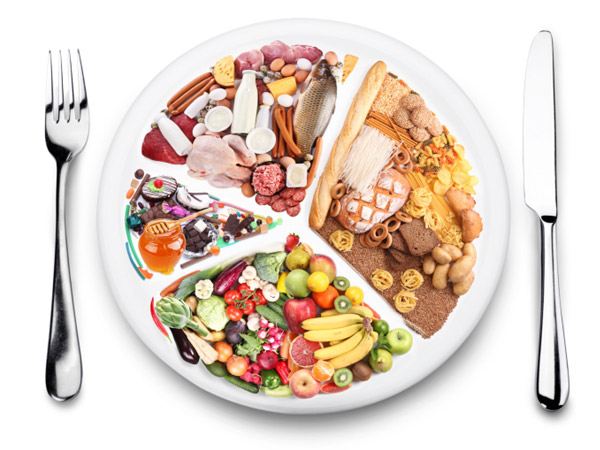What you eat can make living a life with lupus either easier or extra challenging. Although there is really no medically established diet for the disease, there are certain foods that can help keep the symptoms at bay or prevent currently existing ones from being aggravated.
Having a perfectly healthy blend of foods in the daily diet is ideal most especially for someone afflicted with lupus. Continue reading to know some foods that you should have plenty of as well as those that should be scraped.
Tip #1: Drink Plenty of Water
Drinking 8 to 12 glasses of water everyday is highly recommendable. Doing so helps prevent constipation, a common GI problem encountered by lupus sufferers. Check that your urine color is pale straw. If it’s darker than that, you need to drink more water. If it’s lighter, you may be drinking too much water.
Tip #2: Avoid Coffee and Soda
Caffeine in coffee can further irritate your already irritated and inflamed stomach. The intake of caffeine may also keep you from having sufficient much-needed sleep especially at night. Sodas are loaded with sugar and chemicals that further worsen the inflammation going on within your body.
Tip #3: Have Lots of Oily Fish
Several studies have shown that omega-3 fatty acids in oily fish like sardines, mackerel, herring, tuna and salmon helps in reducing inflammation. What’s more, those health-friendly fats are known to reduce risk of heart disease. Heart disease is a life-threatening problem lupus sufferers are at much higher risk for.
Tip #4: Skip the Red Meat
It’s true that red meat is packed with protein and most especially iron, a nutrient that helps combat anemia. However, red meat is a known pro-inflammatory food that can aggravate the various symptoms of lupus. Opt for chicken and turkey breast for protein, as well as soybeans and other soy-based products. Tofu, quinoa, pumpkin seeds, peas, apricots, peaches and spinach are all good sources of iron.
Tip # 5: Eat Calcium-Rich Foods
Some of the medications you take for lupus may cause bone tissue loss, making you more susceptible to fractures and osteoporosis. It’s for this reason why you should include in your daily diet foods that are rich in calcium that strengthens the bones. Some great examples are yogurt, cheese, low-fat milk and dark green leafy vegetables. They also contain vitamin D, a nutrient necessary for proper calcium absorption.
Tip #6: Limit Intake of Saturated Fats
Because steroids used for treating the symptoms of lupus may leave you with a voracious appetite, gaining some weight is very likely. That is why you should limit your consumption of foods that are high in saturated fats to keep excess pounds at bay. Doing so will also help reduce your risk of heart disease.
Tip #7: Have Lots of Fruits and Vegetables
Except for the ones that tend to cause various lupus symptoms to show up or worsen, it’s a good idea to include lots of fruits and vegetables in your diet. They are loaded with vitamins, minerals and antioxidants that fight inflammation. They are also packed with fiber that helps promote regular bowel movement. Try to eat your fruits and vegetables as they appear in nature. The kinds that come in boxes or cans and appear in different forms tend to contain lots of sugar, sodium, preservatives and other chemicals bad for the body — lupus or no lupus.
Tip #8: Avoid Eating Nightshade Veggies
A lot of lupus sufferers notice that some of the symptoms flare up after consuming nightshade vegetables. Some examples of nightshade vegetables are tomatoes, eggplant, white potatoes, and sweet and hot peppers. It’s a good idea to keep a food diary so that you may easily trace some of the vegetables that trigger various lupus symptoms.
Tip #9: Eat Anti-Inflammatory Foods
There are lots of foods on the planet that are known to keep inflammation at bay, thus helping to ease or prevent the common symptoms of the disease. Some wonderful examples of anti-inflammatory foods include soy, raisins, basil, olive oil, berries, ginger, kale, collard greens, cherries, oranges, walnuts and green tea.
Tip #10: Watch Your Alcohol and Sodium Intake
A serving or two of beer or red wine is fine. Consuming more than that may put your health in danger because alcohol and various drugs you take for lupus don’t mix. Because lupus puts you at high risk of heart disease, it’s important to steer clear of that salt shaker each mealtime.













